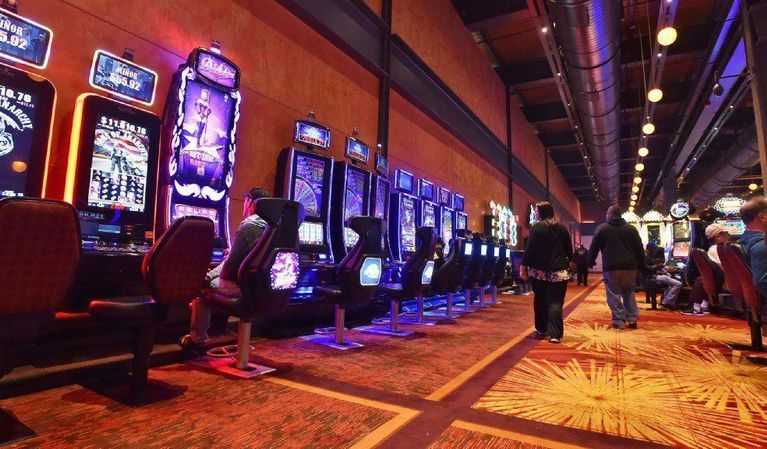Pennsylvania has had big plans for legalizing its online poker industry. However, it may have bogged them down in lengthy application procedures which have seen only three casinos apply for a license so far. The deadline is until the end of the weekend, but little is likely to change in the time that remains.
Gambling is on Its Way
Meanwhile, all states seem to be tinkering with the possibility of adopting online gambling laws, with Pennsylvania at the helm, despite local opposition and rather vociferous critics.
As to poker, however, it has been a long overlooked topic. The dismantling of PASPA gave teeth to those who supported sports betting. It even helped casinos find a new source of revenue as they began taking on licenses to take sports wagers.
Meanwhile, the existing 13 casinos in Pennsylvania have been rather hesitant whether to submit licenses for online poker. In fact, the 90-day period yielded little hope that something may change. The costs of the initiative have been rather costly too.
Buying the right to run online slots, online table games, and online poker all comes at the rather hefty $10 million, which is a substantial bite in the revenue of all operators, look at it any way you might. As of this Friday, only three casinos have applied. In fact, they all did on Friday, July 13.
Why are Casinos Holding Out?
It could be quite simple. Casinos are afraid to jump on online poker and other segments simply because they are not quite convinced how lucrative the said segments would be. What if all 13 casinos decided to apply for a license? Then the potential costs will be divvied up by all operators, and it will take substantial time to rake in the initial investment, not to mention tax and developing the facilities, plus ensuring social responsibility checks are in place.
However, the hurriedly-passed legislation leaves little incentive for actual casinos to make a profit. The steep taxation rate and initial investment needed to be paired with the dubious future make everyone reluctant to venture out on a mere hunch and promise.
The state lawmakers know that they have passed the measures before they had proper time to discuss them with casinos as well. The ensuing vacuum is not very promising for the industry itself.
Online Poker Is Not Quite the Only Issue
But far from being the only thorny issue, the Pennsylvania Gambling Board will have to address myriad other wrinkles. The norms that will govern online gambling are not quite elaborated in full, which means that casinos will risk even further by applying for something they are not quite sure exists.
Beyond that, though, Pennsylvania should find the proper way to couch its regulatory language so that more operators can muster up the courage to start expanding. As neighboring states officialize their gambling, Pennsylvania-based properties may reach to other customers as well.
The raw legislation offers sufficient opportunity for all parties to have an important say in the overall outcome of the final regulations.







